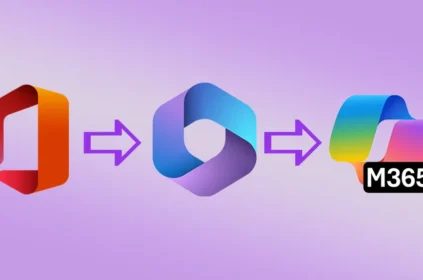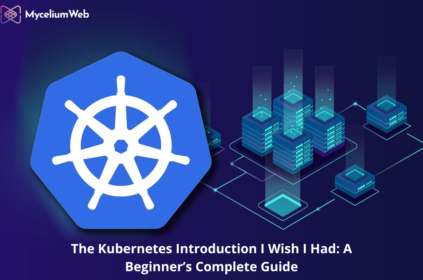Scalability and reliability are the foundation for success in tech, and DevOps with cloud computing makes it possible.
Ever feel like the technology world is spinning faster than you can keep up? Businesses today are expected to deliver lightning-fast services, adapt to sudden spikes in demand, and stay secure while doing it all. That’s a tall order! Luckily, DevOps and cloud computing are here to make life easier.
If you’re scratching your head wondering how these two buzzwords fit into creating systems that are both scalable and reliable, don’t worry—you’re not alone. In this blog, I’ll break it all down for you, sharing how DevOps and the cloud work together like peanut butter and jelly to build systems that don’t just work—they thrive.
Why DevOps is a Game-Changer
First Off, What is DevOps?
Let’s simplify it: DevOps is a mindset. It’s about breaking down walls between developers (the “Dev” folks) and IT operations (the “Ops” side). Instead of working in silos, these teams collaborate to deliver software faster, more reliably, and with fewer headaches.
But it’s not just about teamwork. DevOps uses automation and continuous processes like testing and monitoring to ensure systems are always improving.
What Makes DevOps So Powerful?
When done right, DevOps changes the way organizations deliver and maintain their systems. Here’s how it can help:
- Speed: Automated pipelines mean updates get delivered quickly and efficiently.
- Quality: Bugs get caught early, thanks to continuous testing.
- Stability: Systems stay resilient with proactive monitoring and rapid fixes.
- Scalability: Whether you’re a small startup or a growing enterprise, DevOps scales with you.
If you’ve ever been frustrated by long delays for updates or sudden system crashes, DevOps is the solution you’ve been looking for.
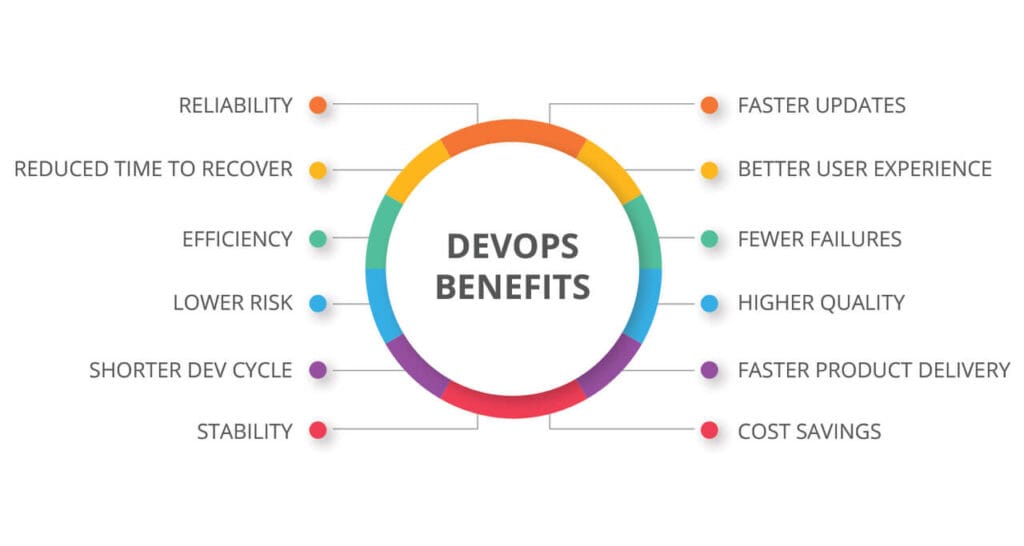
Cloud Computing: DevOps’ Perfect Partner
What is Cloud Computing?
The cloud is like renting a supercomputer whenever you need it. Instead of buying and maintaining hardware, you get computing resources—like servers, storage, or databases—on-demand over the internet.
Why DevOps and Cloud Computing Work So Well Together
When you pair DevOps with cloud computing, magic happens. The cloud gives DevOps the flexibility it needs to thrive, and here’s why:
- Instant Resources: Need a server? The cloud spins one up in seconds.
- Global Reach: Whether your users are in New York or Tokyo, the cloud keeps your system accessible.
- Cost Savings: Only pay for what you use. No more wasted money on idle hardware.
This combo allows businesses to innovate faster while staying adaptable and cost-efficient. It’s a win-win. For more in-depth insights on cloud-native DevOps trends and best practices, take a look at this detailed guide.
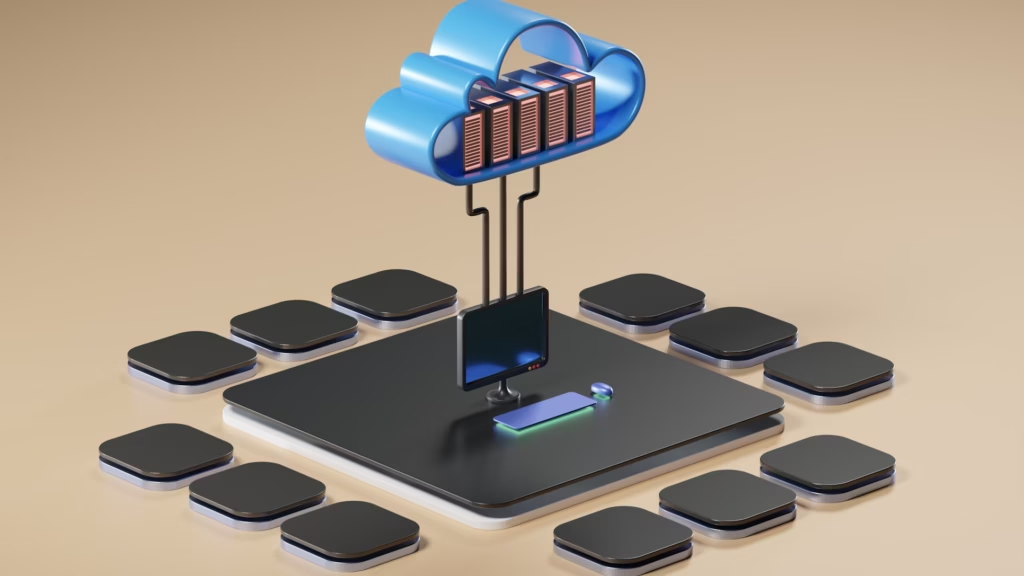
5 Best Practices for Building Scalable and Robust Systems
So, how do you bring it all together? Here are the best practices I’ve learned for combining DevOps and cloud computing to create systems that can handle anything you throw at them:
1. Build a Strong DevOps Culture
DevOps is more than tools; it’s about people. Encourage collaboration between your developers and operations teams. This means sharing goals, responsibilities, and even the occasional pizza!
- Tools like Slack or Microsoft Teams make communication easier.
- Create shared dashboards so everyone’s on the same page about system health.
2. Use CI/CD for Faster Deployments
Continuous Integration and Continuous Delivery (CI/CD) might sound complicated, but it’s basically a fancy way of saying: automate everything. From testing to deployment, let tools handle the repetitive stuff so your team can focus on innovation.
- Popular tools include Jenkins, GitHub Actions, and GitLab CI/CD.
- Pro Tip: Automate your testing process to catch issues before they hit production.
3. Let the Cloud Handle the Heavy Lifting
The beauty of cloud computing is its elasticity. You can add resources when you’re busy and scale down when things are slow.
- Autoscaling: Set your cloud to automatically adjust resources based on demand.
- Choose Wisely: AWS, Azure, or Google Cloud all have unique strengths—pick the one that fits your business best.
4. Keep an Eye on Everything
You can’t fix what you don’t know is broken. Monitoring tools like Prometheus and Datadog help you keep tabs on performance metrics, like server uptime and error rates.
- Set alerts for key metrics, so you’re notified of issues before customers are affected.
5. Make Security a Priority
With cyber threats on the rise, security can’t be an afterthought. DevOps and cloud computing make it easy to build security into every stage of your development process.
- Use DevSecOps practices to automate security checks.
- Cloud providers offer built-in security features—take full advantage of them.
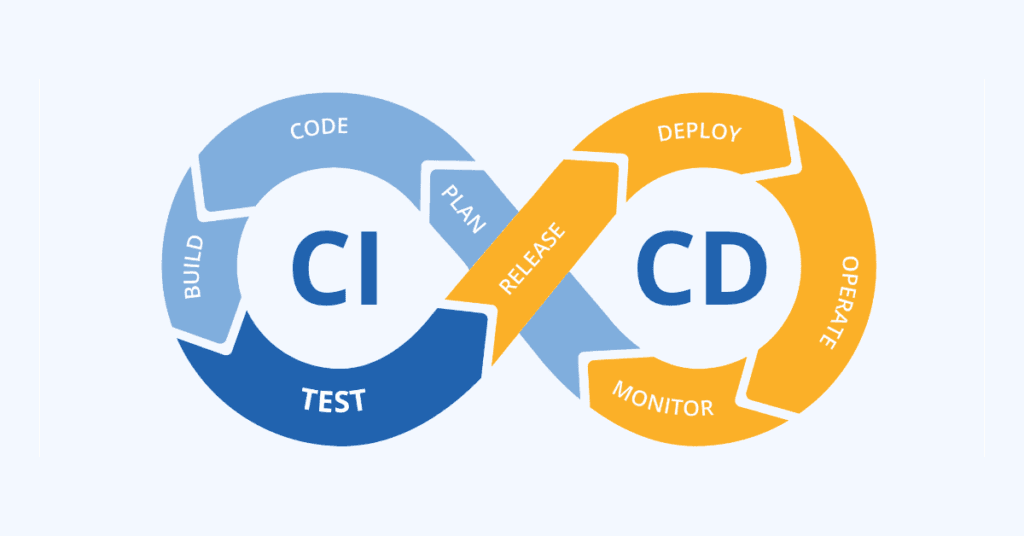
Real-Life Success Stories
Netflix: Handling Millions with Ease
Netflix delivers seamless streaming to millions daily by combining DevOps practices and a microservices architecture. This setup allows them to roll out updates quickly and handle massive traffic spikes, like those during a hit show release. With AWS, their systems scale automatically, ensuring uninterrupted service even during peak demand.
Proactive monitoring and automated pipelines help Netflix detect and fix issues before they impact users. Their robust failover strategies ensure that if one part of the system goes down, the rest stays operational. These approaches make Netflix a leader in scalable and reliable systems.
Airbnb: Growing Without Breaking
Airbnb uses DevOps pipelines to deploy updates seamlessly, ensuring the platform remains stable for millions of hosts and travelers. During peak seasons, their cloud infrastructure scales dynamically to handle the traffic surge without disruptions.
Monitoring tools like Datadog allow Airbnb to identify and fix issues in real time. Their ability to combine innovation with system reliability has helped them grow into a trusted platform globally while maintaining a smooth user experience.
How MyceliumWeb Can Help You Build Scalable Systems
Now that you know how powerful DevOps and cloud computing are, you might be wondering: Where do I start? That’s where MyceliumWeb comes in.
We specialize in helping businesses like yours implement DevOps practices and migrate to cloud platforms. Whether you’re just starting out or looking to optimize your existing systems, we’re here to guide you every step of the way.
Conclusion: DevOps and Cloud for the Win
Creating systems that can grow with your business and handle challenges is simpler with DevOps and cloud computing. Together, they offer the speed, flexibility, and reliability needed to stay ahead in today’s fast-paced digital world.
If you’re ready to build systems that are scalable, secure, and future-proof, MyceliumWeb is here to help. Let’s turn your vision into reality.


